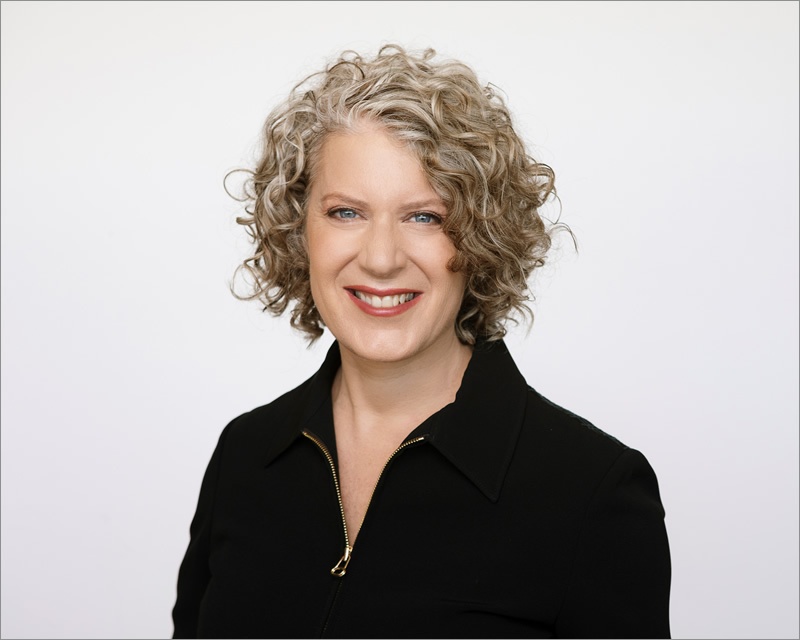Therapy Practice
My Philosophy
 I believe that each person has an inner wisdom and tendency towards growth. Our natural tendency towards growth can be thwarted by attachment issues, trauma, self-criticism, or negative messages from society and others. Therapy can offer both a safe environment to access that wisdom and experiential practices to work through challenges and facilitate that natural growth tendency. In particular, therapists’ attuned presence and compassion, combined with skillfulness in empirically validated approaches, can create a neurophysiological experience of safety to occur for the client. Feeling safe invites (a) greater comfort and efficacy in doing the necessary therapeutic work, (b) movement towards (neuro/emotional/cognitive) integration as well as (c) access to inner wisdom and optimal health. The client is an expert on themselves, and the therapist’s role is to facilitate a direct experience of clients’ self-knowledge, inner wisdom and wholeness.
I believe that each person has an inner wisdom and tendency towards growth. Our natural tendency towards growth can be thwarted by attachment issues, trauma, self-criticism, or negative messages from society and others. Therapy can offer both a safe environment to access that wisdom and experiential practices to work through challenges and facilitate that natural growth tendency. In particular, therapists’ attuned presence and compassion, combined with skillfulness in empirically validated approaches, can create a neurophysiological experience of safety to occur for the client. Feeling safe invites (a) greater comfort and efficacy in doing the necessary therapeutic work, (b) movement towards (neuro/emotional/cognitive) integration as well as (c) access to inner wisdom and optimal health. The client is an expert on themselves, and the therapist’s role is to facilitate a direct experience of clients’ self-knowledge, inner wisdom and wholeness.
I focus on helping the totality of each person, by responding to the physical, emotional, social and spiritual needs of my clients. The therapy process is collaborative, and together we can help you to access and process difficult emotions in a safe and supportive environment, as well as generate inner resources, self-care and self-compassion. I also believe in accessing positive experiences, through creativity, music, or exercise, which help to maximize inner resources as well as strengthen resiliency. With a commitment to inner work in a safe and present-centered therapeutic relationship, positive mental health and meaningful relationships are available to all of us.
Individual Psychotherapy for Adults and Adolescents
My approach to individual therapy includes being fully present and attuned with my clients as well as creating a safe and supportive therapeutic relationship. I integrate various perspectives including Emotion-Focused Therapy (EFT), mindfulness and compassion based therapy, experiential therapy and sound/rhythm therapy. One-on-one therapy is for individuals who are coping with issues such as depression, anxiety, trauma, post-traumatic stress disorder, grief and loss, separation and divorce, sexuality issues, chronic physical pain, insomnia and other challenges. Psychotherapy is also for people who are striving for personal growth, enhancement in living and spirituality and greater self-understanding.
Couple’s Counselling
Emotion Focused Therapy (EFT) for couples provides the foundation for my approach to helping couples. EFT helps couples unlock from the negative interactional cycle and to find a more mutually empathic and satisfying relationship. Couple’s counselling can address concerns ranging from loss of communication, sexuality issues, unresolved issues from the past such as infidelity, rebuilding trust, decision-making regarding marriage or divorce, parenting issues, or choosing to become parents. Counselling is also for people in relationships who wish to regain a sense of connection and passion. Relationship counselling is for people who are married, common-law, in same-sex relationships, in polyamorous relationships, living together or living separately.
Group Therapy
Mindful Self-Compassion (MSC)
Mindful Self-Compassion (MSC) is an empirically-supported program that cultivates skills for self-compassion. Based on the ground-breaking research of Kristin Neff and the clinical expertise of Christopher Germer, MSC teaches core principles and practices that enable participants to respond to difficult moments in their lives with kindness, care and understanding.
The three key components of self-compassion are self-kindness, a sense of common humanity, and balanced mindful awareness. Kindness opens your heart to suffering so you can give yourself what you need. Common humanity opens you to your essential interrelatedness so that you know you aren’t alone. And mindfulness opens you to the present moment so you can accept your experience with greater ease.
Therapeutic Rhythm and Mindfulness (TRM)
TRM™ is an integrative approach that combines group drumming, mindfulness and emotion-focused awareness to cultivate presence and resilience. It increases positivity and connection while reducing distress and mood disturbance. TRM™ helps people with a variety of physical and emotional challenges such as cancer, terminal illness, chronic pain, depression and anxiety. It is also for health care providers, educators and others in the helping professions for cultivating presence and self-care.

